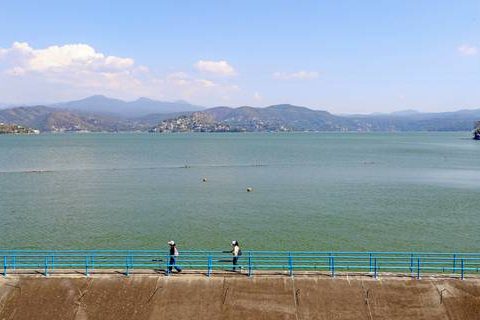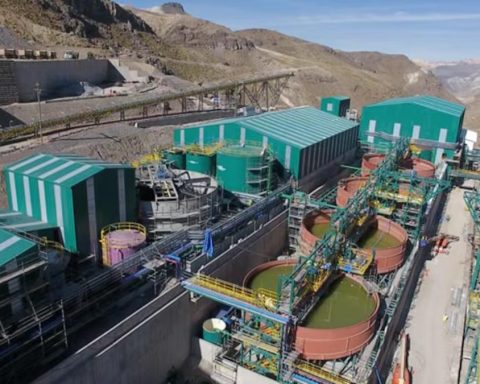In Mexico, from January to August of this year, 12,000 million dollars were spent on the import of beans, wheat, soybeans and rice, among others. The increase compared to 2020 was 91 percent.
The current global damages are the product of many economic factors, but also geopolitical ones, triggered by the Russian invasion of Ukraine, which converge in the highest world inflation.
The contraction of grain and fertilizer flows from the Ukraine, blocked for months by the Russian army, and now the lack of production due to the devastation of the cultivated fields have created the current food security crisis. An estimated 345 million people face dangerous shortages.
The International Monetary Fund estimates that 48 countries are affected by increases in the prices of their imports, calculating the effect at 9,000 million dollars for the 2022-2023 biennium. This means problems of poverty and balance of payments.
The IMF Managing Director, Kristalina Georgieva, points out, based on the estimates of the institution she directs, the following: “For this year alone we estimate that highly exposed countries need up to 7,000 million dollars to help the poorest households to deal with the situation.”
In Mexico, from January to August of this year, 12,000 million dollars were spent on the import of beans, wheat, soybeans and rice, among others. The increase compared to 2020 was 91 percent.
Another global damage is the increase in energy prices due to its political management by Russia. The government of this country came to the conclusion that it should take advantage of its energy superiority before losing it. Faced with well-founded fears of shutting off the supply taps or problems such as the sabotage of gas pipelines, energy-consuming countries have turned to other sources, even at higher prices.
By disrupting the energy supply, it is causing more inflation.
Fossil fuels currently account for more than 80% of global energy consumption. As of January of this year, oil prices rose by 77% from their December 2020 level.
Another dysfunction affecting advanced and developing economies is supply chain disruptions, which has led to skyrocketing costs.
Covid-19 also gets in the way with its negative effects on production and employment, as well as on government spending on health, mainly vaccines. For developing countries that have not had the resources to deal with the pandemic, mortality has been much higher than in developed countries. According to recent estimates, 6.5 million people have died in the world due to the pandemic, but excess mortality has exceeded 20 million people.
In addition to the factors described, there are other factors that drive inflation. In developed countries, public spending to support economic activity was much higher and also timely than in developing countries. This is important because many governments in the face of the pandemic did very little to support the productive plant and employment.

















